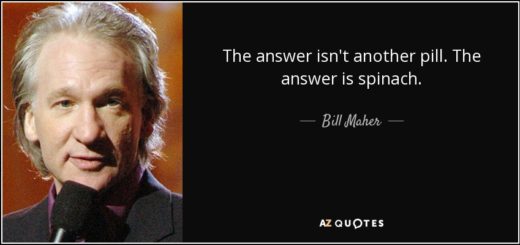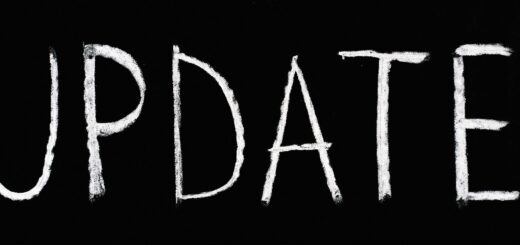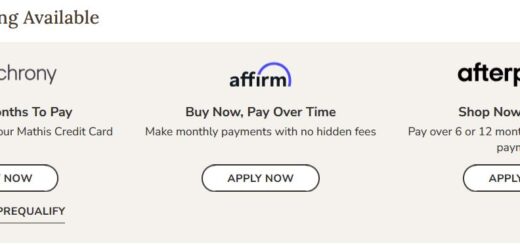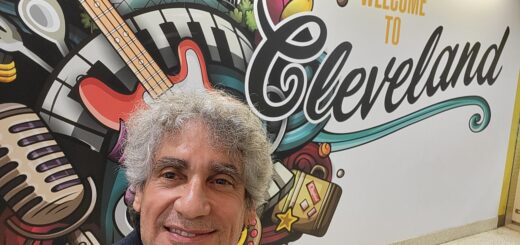No One Can See Their Own Blind Spots
My friend Vern and my cousin Jerry were very different people, but they had one thing in common. They both survived heart attacks and did not change their way of eating. They both died of second heart attacks.
I have living friends who have survived heart attacks and have stents in cardiac arteries. Most have not changed what they eat. From the outside, it looks as if they would rather be right than alive. The idea of changing how they eat is so repugnant, they don’t see that they are risking making early widows of their wives.
I have a neighbor who at age 76 requires portable oxygen to walk his dog. He says we will all die anyway, so he believes in “moderation.”
If a person can’t change their behavior, we call that addiction. If they won’t change after seeing evidence that it will save their life or make the quality of life vastly better, that’s a blind spot.
Blind spots are, by definition, places we can’t see. The human eye has a blind spot, located where the optic nerve passes through the back of the eye to the brain. The brain patches in the missing information, so it’s easy to be completely unaware of the blind spot. When we drive, we call the places we can’t see in our mirrors “blind spots.” Other drivers try their best to stay in mine, so I have to check them carefully before changing lanes.
Not all blind spots are visual. We all have cognitive blind spots, too. One of my Precepts is “Self-deception is the most powerful force in the universe.” Self-deception is caused by cognitive blind spots. They can be beliefs we insist on maintaining despite evidence to the contrary, or truths we deny despite evidence of their correctness. Believing that you never deceive yourself is a common form of self-deception.
These diet and lifestyle examples of conceptual blind spots are all false:
- If it’s vegan, it must be healthy enough to eat. I see you, Costco apple pie and Hippeas.
- If I’m not overweight and I exercise a lot, it doesn’t matter much what I eat. Counterexample: Jim Fixx
- The commercial says the sweet protein drink I live on has complete nutrition. Counterexample: Ensure from Abbott Laboratories has the nutrition of a multivitamin, with the negatives of sugar and milk protein.
- “Everyone knows” that olive oil and coconut oil are good fats.
- Eating whole food, plant-based guarantees low cholesterol and healthy low blood pressure. My experience differs. See The Ballad of Apo-B.
- Statins lower cholesterol, so they must prevent heart attacks. See Why I Won’t Take Lipitor.
- Added sugar is bad (true), and that explains most chronic health issues (false).
- Animal fat and trans fats are bad (true), and that explains most chronic health issues (false).
Don’t let your “common sense” create a blind spot. Look for empirical evidence for and against. Eventually, we all have to trust someone, so try to make sure your bullshit detector is well-tuned. And always aim it at yourself as well as others.
Why do you feel so strongly?
What if you are wrong?
Are there negative or positive side-effects?
Does it sound too good to be true?
What are they selling, and who benefits?
Is there some experiment that could falsify an assertion? Has it been done? Has it been independently replicated?
Healthy, compared to what?
Like everyone else, I can’t see my blind spots. If you notice one, please let me know what it is.







